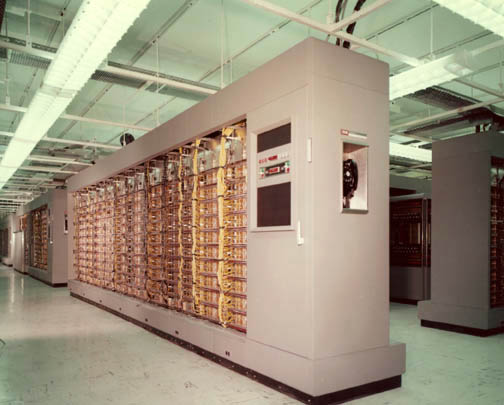History of Internet and its Origin

The history of the Internet has its origin in the efforts to build and interconnect computer networks that arose from research and development in the United States and involved international collaboration, particularly with researchers in the United Kingdom and France.
Computer science was an emerging discipline in the late 1950s that began to consider time-sharing between computer users, and later, the possibility of achieving this over wide area networks. Independently, Paul Baran proposed a distributed network based on data in message blocks in the early 1960s and Donald Davies conceived of packet switching in 1965 at the National Physical Laboratory (NPL) and proposed building a national commercial data network in the UK.
The Advanced Research Projects Agency (ARPA) of the U.S. Department of Defense awarded contracts in 1969 for the development of the ARPANET project, directed by Robert Taylor and managed by Lawrence Roberts. ARPANET adopted the packet switching technology proposed by Davies and Baran, underpinned by mathematical work in the early 1970s by Leonard Kleinrock at UCLA. The network was built by Bolt, Beranek, and Newman.







